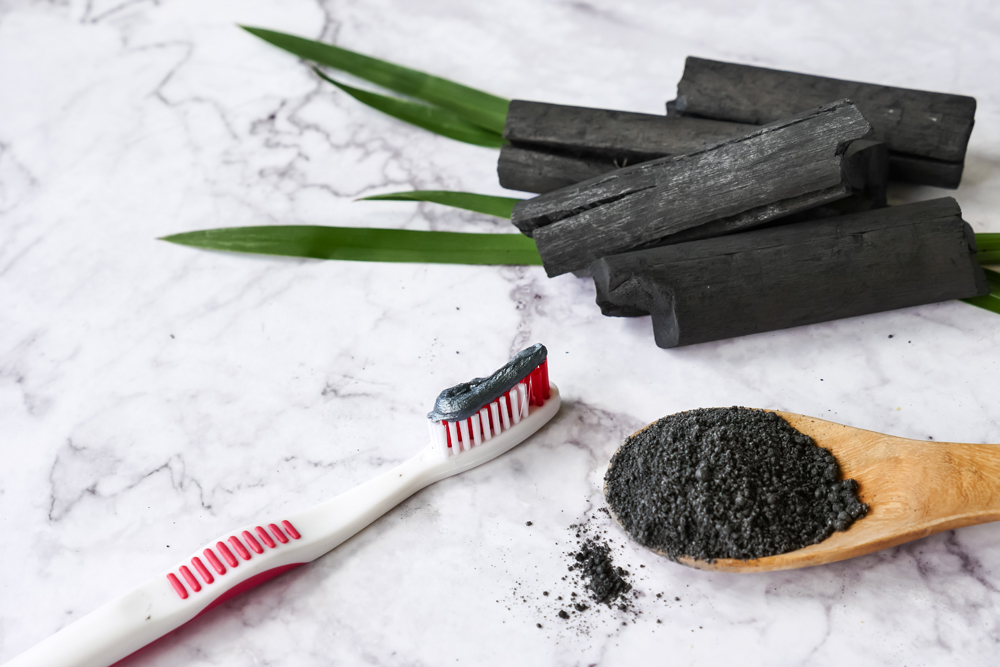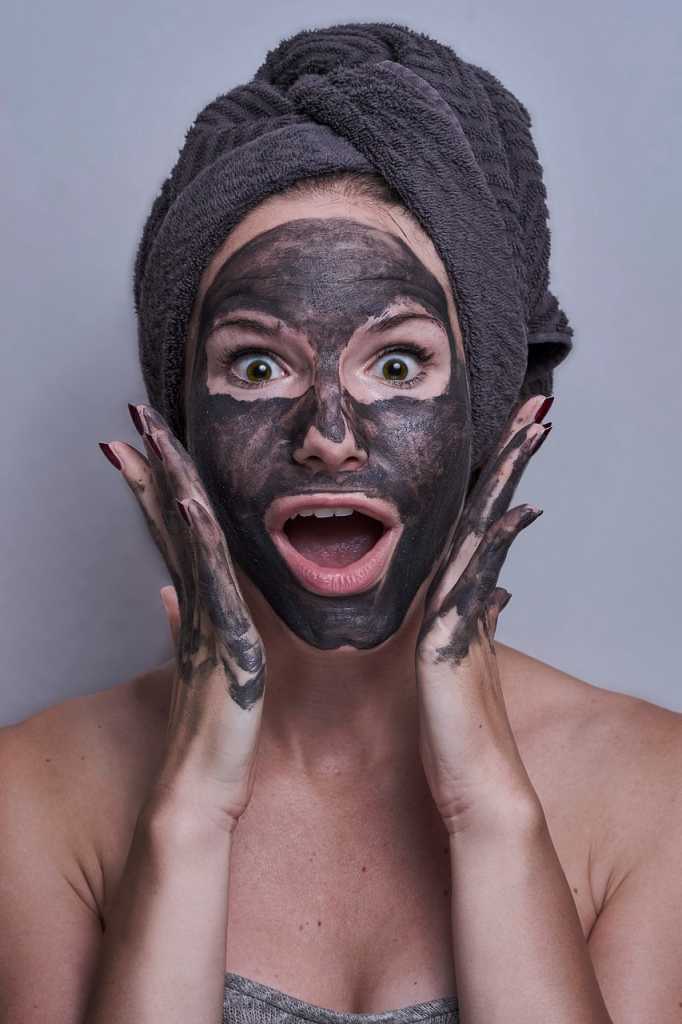Charcoal Toothpaste
Fuelling dentist fiascos, charcoal toothpaste hype takes fad-brushers by surprise as they find out – it’s a gimmick. Charcoal toothpaste products can lead to tooth sensitivity, enamel erosion and even staining to expensive dental restorations.

This month, KG smith are going to discuss how charcoal toothpaste ended up in high street shops, such as Boots, Superdrug and Tesco.
What’s in ‘activated charcoal toothpaste’?
Activated charcoal toothpaste consists of a number of ingredients including:
- Glycerin – sweetener for better taste
- Cocamidopropyl betaine – derives from coconut oil
- Sodium cocoyl glycinate – amino acid – works as foaming agent
- Hydrated silica – used to remove stains, has sand-like properties which can scratch and damage the surface of teeth
- Cellulose gum – thickening agent
- Coconut oil – prevents plaque buildup
- Stevia – sweetener
- Charcoal powder – a form of carbon, they have porous particles which means they can absorb unwanted substances between the teeth
- Zinc citrate – known for immune-boosting properties
How is ‘activated’ charcoal made?
To make activated charcoal, carbon-rich materials are burnt at extremely high temperatures, where charcoal is produced. The product of this method is an odourless black powder that alters the internal structure of the particles. The ‘activated’ part means that the powder has plentiful holes within each particle – which increases its surface area and its effectiveness.
Celebrity influence
 From face masks and scrubs to toothpastes and cleansing products – treatments and cosmetics are all being plugged by celebrity influencers everywhere you look. On social media, television, billboards – the lot – we see the latest singer, actor/actress, olympian actively promoting everyday products in order for brands to sell, sell, sell.
From face masks and scrubs to toothpastes and cleansing products – treatments and cosmetics are all being plugged by celebrity influencers everywhere you look. On social media, television, billboards – the lot – we see the latest singer, actor/actress, olympian actively promoting everyday products in order for brands to sell, sell, sell.
Unfortunately, these products are not actually always being used by our favourite celebrities – it’s typically a way to entice the buyer into thinking that they do. You’ll find that most celebrities have veneers, which is why they look so perfect and white. These trends like charcoal toothpaste, tend to have an immediate cause and effect on their fans, and sales tend to skyrocket as we invest in the latest ‘quick-fix’ that’ll get our skin clearer or teeth whiter.
Charcoal toothpaste falls into this category. Unlike most toothpaste, charcoal toothpaste does not contain fluoride, which is necessary if you want to keep your teeth strong and cavity-free. Charcoal is abrasive on teeth and can wear down the enamel – which doesn’t grow back again. This can end up making your teeth actually look more yellow than white.
Risks of using charcoal toothpaste:
- Too abrasive
- Doesn’t contain fluoride
- Can cause stains
- Can damage dental restorations
- Can’t be used everyday
Are there any pros to using charcoal toothpaste?
- Can improve bad breath
- Can absorb and lift unwanted substances
What charcoal is good for?
- It’s used to treat patients who have been poisoned or had a drug overdose
- It can be used to tackle bad breath
- It’s great for fuelling fires
For help and advice, call the UK’s largest independent coal supplier, KG Smith & Son. We have a great wealth of experience within the industry and provide customers with free nationwide, so for quality products delivered directly to you, contact our friendly team today. We operate throughout a number of locations including Bedfordshire, Buckinghamshire, Berkshire, Cambridgeshire, Hertfordshire, North London, Oxfordshire, Leicestershire, Northamptonshire, Warwickshire and Wiltshire.

 Quick Contact Form
Quick Contact Form